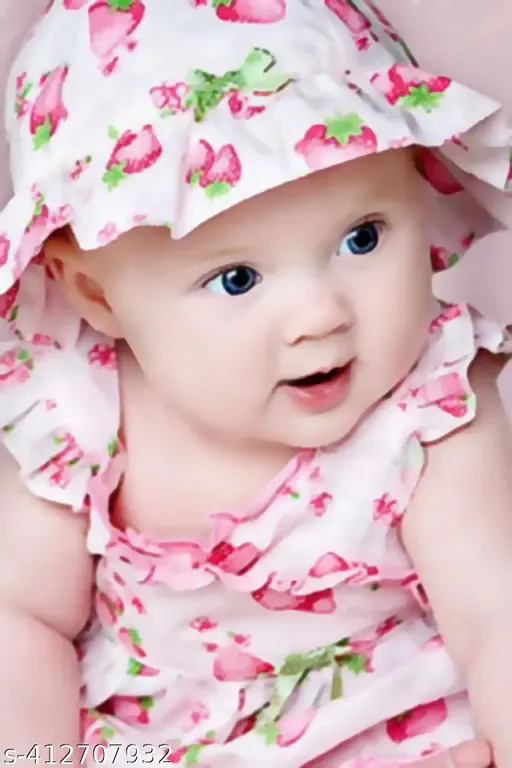As a physician, I often encounter families grappling with the complexities of raising gifted children. It’s a common misconception that giftedness equates to perfection, and parents may find themselves blindsided when their children encounter social or emotional hurdles.
Take, for instance, a situation I witnessed on the playground. A young boy, Max, stood nervously at the edge, nervously kicking the dirt with his sneakers. “Do you think they’ll play with me?” he asked, his voice a mix of eagerness and uncertainty. I could see the hope in his eyes, yet I knew the odds were stacked against him.
“Of course they would!” I encouraged, offering a gentle nudge toward the group. Initially hesitant, he approached them, excitement building in his steps, but it was short-lived. “Let’s pretend to be dinosaurs!” he blurted out, a topic he was absolutely fascinated with. Unfortunately, his peers didn’t share his enthusiasm; their eyes glazed over as he launched into an elaborate description of T-Rexes and their habitats. Moments later, they drifted away, leaving Max standing alone, disappointment etched on his face.
As he returned, I could see the hurt in his eyes, a painful reminder of how his advanced intellect often isolated him from his peers. Max was bright, capable of complex thoughts, yet he struggled with basic social interactions. This disconnection is not uncommon for gifted children; they may excel in academics but falter in social or emotional skills, which can lead to feelings of isolation.
In my quest to support families like Max’s, I often advise parents to seek out relatable experiences online. However, I’ve encountered a troubling trend: the dismissal of their challenges. One mother shared her frustrations about her gifted son not fitting in, only to be met with harsh comments from others who felt her concerns were trivial compared to their own struggles. This kind of animosity is disheartening and often stems from a societal misunderstanding—that gifted children are immune to problems because of their talents.
Gifted children can face a variety of challenges, including perfectionism and anxiety, which can manifest in physical and emotional symptoms. These issues are real and can be quite serious. Unfortunately, many people assume that if a child excels in one area, they must excel in all. This is simply not the case. For example, a child who shines in sports might struggle with math or social situations. If they receive a poor grade in science, no one would think to say, “You’re great at sports; you should be great at this too!” Yet, gifted children are often held to this unrealistic standard.
It’s crucial for parents of gifted children to seek support and solutions. Whether through forums, local support groups, or professional resources, understanding that their child’s giftedness does not exempt them from difficulties is vital. For more information on home insemination options, you can visit this excellent resource, which discusses various aspects of family planning. Additionally, check out this authority on the topic for helpful tools. For those considering IVF, the NHS offers invaluable information on treatment options.
In summary, giftedness can be a double-edged sword. While it opens doors to advanced learning and creativity, it can also lead to social challenges that are often overlooked. Parents must navigate these complexities with understanding and seek out resources to support their children’s emotional and social development.
